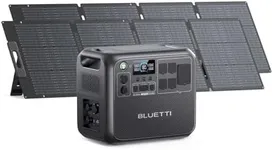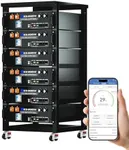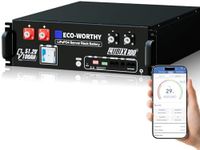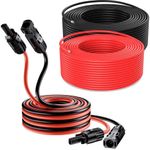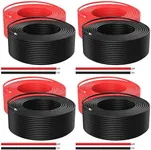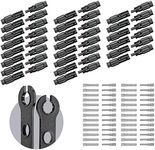Best Lithium Battery For Solar
From leading brands and best sellers available on the web.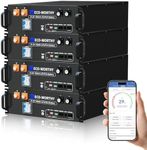
ECO-WORTHY
10%OFF
ECO-WORTHY 48V 400Ah Server Rack Battery LiFePO4 w/Bluetooth | 4 Pack 20.48kWh Solar Battery Kit for Home Backup | UL1973 & UL9540A & CEC Listed (Get Free 48V Monitor)
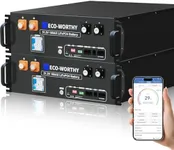
ECO-WORTHY
16%OFF
ECO-WORTHY 48V 200Ah LiFePO4 Lithium Battery (2 Pack 48V 100AH) w/Bluetooth | UL1973 & UL9540A & CEC Listed | 10.24KWh Server Rack Battery for Solar Energy Storage, Home Backup Power
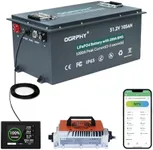
OGRPHY
22%OFF
OGRPHY 48V Lithium Golf Cart Battery, 200A BMS(1000A Peak Current), with Touch Monitor & Mobile APP, 4000+ Cycles 48V Lithium Battery with 18A Charger, Perfect for Golf Carts, Solar(105AH)
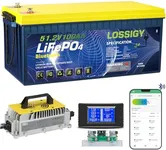
LOSSIGY
25%OFF
LOSSIGY 48V Lithium Golf Cart Battery with 18A Lithium Charger and Monitor, 48 Volt Battery Conversion Kit, Built in 200A Bluetooth, Peak Current 1000A(3-5s), Prefect for RV, Solar System
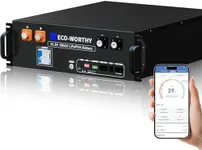
ECO-WORTHY
15%OFF
ECO-WORTHY 48V 100Ah LiFePO4 Lithium Battery w/Bluetooth | UL1973 & UL9540A & CEC Listed | 5120Wh Server Rack Battery for Solar Energy Storage, Home Backup Power
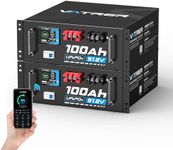
VATRER POWER
51.2V 100AH Lithium LiFePO4 Battery (2 Pack), Built-in 100A BMS, with Touchable Smart Display & Mobile APP, Max. 5.12KW Power Output, 5000+ Cycles, Perfect for Solar System &Off-Grid Applications
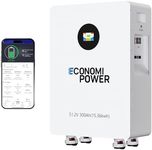
EconomiPower
6%OFF
EconomiPower 48v Lifepo4 300Ah LiFePO4 Battery, 15KWh Solar Storage Rechargeable Lithium Battery 8000+ Cycles 48V with 200A BMS for Photovoltaic System, RV Off-Grid, Home Use
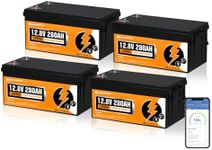
ECO-WORTHY
25%OFF
ECO-WORTHY 48V 280Ah (4 Pack 12V 280AH) LiFePO4 Lithium Battery with Bluetooth, Low-Temp Protection, 14.34kWh Energy, for RV, Off-Grid, Solar System, Home Backup, Marine
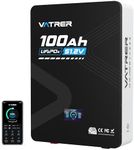
VATRER POWER
VATRER POWER 48V 100AH LiFePO4 Battery, 5.12kWh Grade A Cells Wall Mounted Lithium Battery with 100A BMS & LED Monitor, Up to 6000+ Deep Cycle &10-Year Lifetime for Off-Grid, Energy Storage System
Our technology thoroughly searches through the online shopping world, reviewing hundreds of sites. We then process and analyze this information, updating in real-time to bring you the latest top-rated products. This way, you always get the best and most current options available.

Most Popular Categories Right Now
